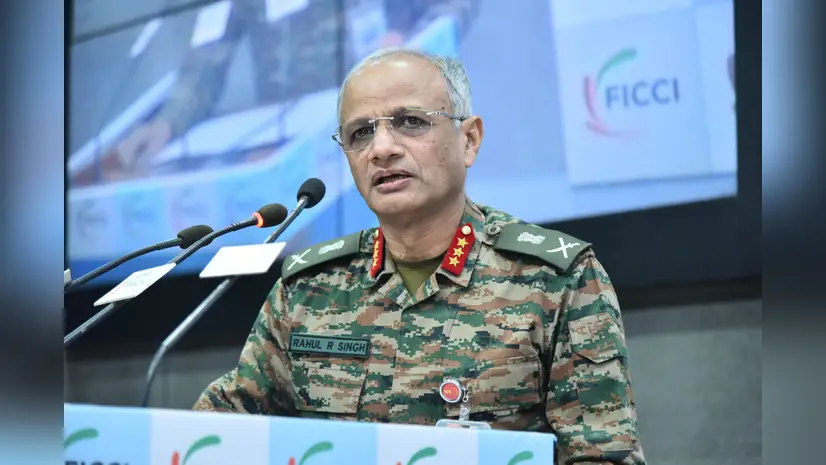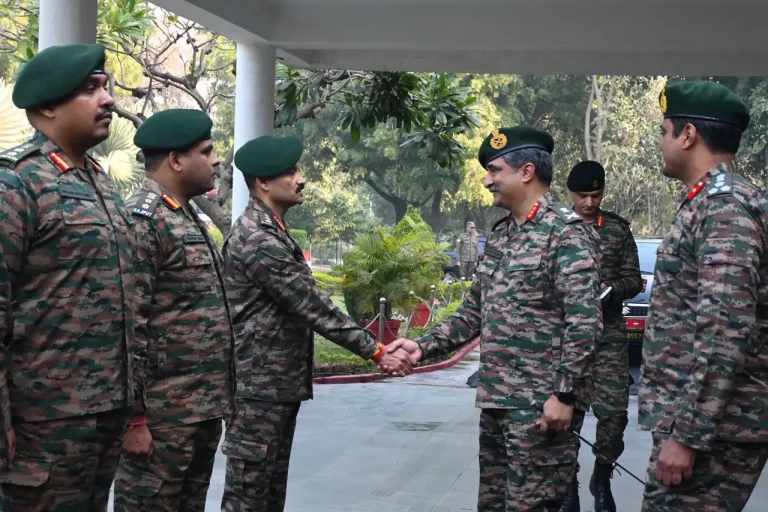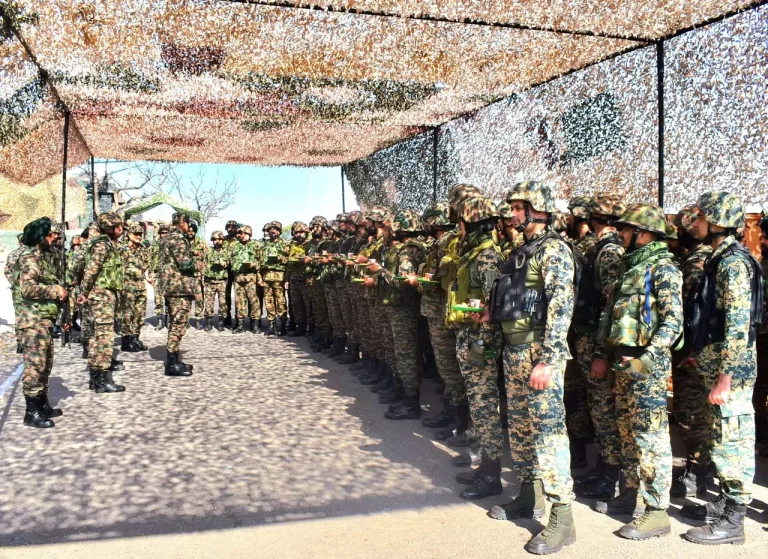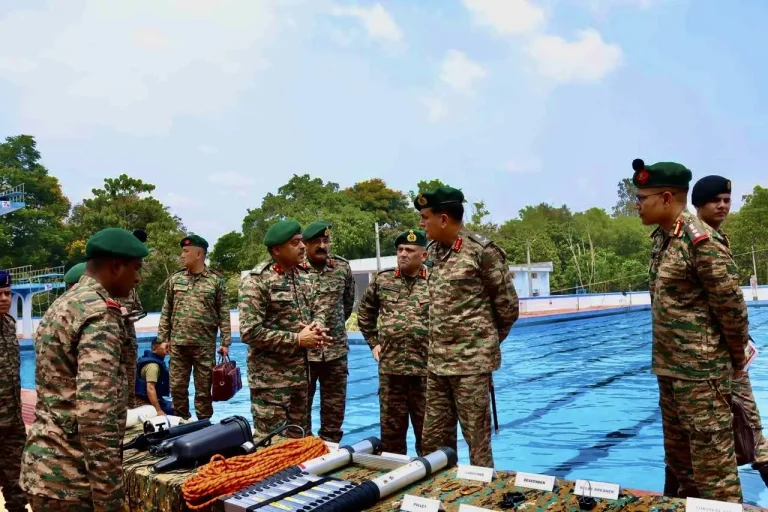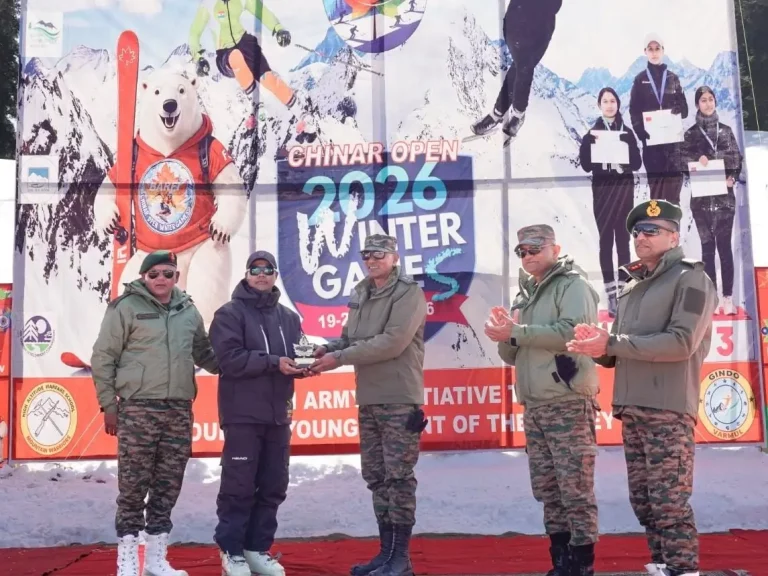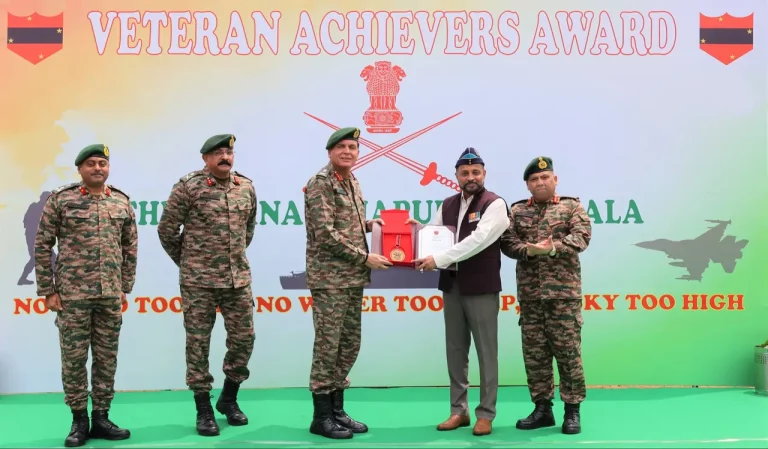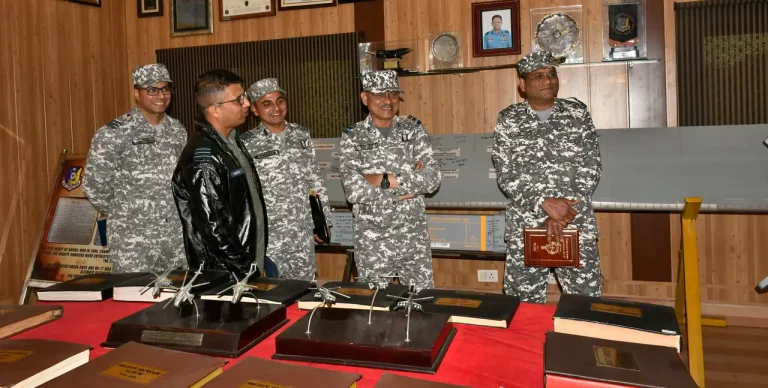In a troubling update for India’s national security landscape, Lieutenant General Rahul R Singh, the Deputy Chief of Army Staff for Capability Development and Sustenance, has asserted that China provided real-time intelligence to Pakistan during the recent India-Pakistan conflict, dubbed Operation Sindoor. This revelation raises significant concerns regarding the implications for Indian military operations and strategy.
Lt Gen Singh made these remarks at the ‘New Age Military Technologies’ seminar hosted by FICCI, where he detailed how intelligence support from China enabled the Pakistan Air Force (PAF) to effectively monitor Indian Air Force (IAF) activities—specifically during a planned BrahMos missile strike on critical infrastructure in Pakistan. The targeted site, the Pakistan Aeronautical Complex (PAC) in Kamra, is essential for Pakistan’s fighter jet production, particularly in collaboration with China’s Chengdu Aircraft Corporation.
During de-escalation talks between the Directors General of Military Operations (DGMOs) of India and Pakistan, the Pakistani DGMO claimed to have precise knowledge about specific IAF strike plans, including the trajectory of a Su-30MKI armed with a BrahMos-A air-launched cruise missile. This alarming revelation implied that Pakistan was forewarned about operations that could have significantly impacted its aerial combat capabilities. Sources suggest that this information could have only been possible through direct Chinese surveillance, potentially involving satellite imagery or electronic data.
The PAC Kamra facility is a linchpin in Pakistan’s defense ecosystem, hosting assembly lines for fighter aircraft and various defense technologies. A successful Indian strike could have upset Pakistan’s aerial operational readiness considerably.
Operation Sindoor commenced on May 7, 2025, as a response to the April 22 Pahalgam terror attack that claimed 26 Indian civilian lives. Over four days, India executed precision strikes on Pakistani terror infrastructure and military assets, targeting key airbases, including Nur Khan, Sargodha, and Bholari. Advanced weaponry, such as BrahMos cruise missiles and SCALP-EG air-to-ground missiles, were deployed, leading to significant losses for Pakistan’s air fleet, including several JF-17 Thunders and Mirage fighters.
Lt Gen Singh’s account suggests a troubling depth to China’s engagement, indicating that the nation’s intelligence, surveillance, and reconnaissance (ISR) infrastructure were actively involved in aiding Pakistan during the conflict. This cooperation signals a concerning evolution in the longstanding China-Pakistan alliance, directly affecting India’s security posture and military planning.
Analysts and defense observers had previously speculated about potential Chinese help during the conflict, but with Lieutenant General Singh’s endorsement, it has become clear that the role of Chinese ISR capabilities extended significantly beyond arms supply or diplomatic gestures. These assets gave Pakistan a strategic edge by allowing it to anticipate and counter IAF operations.
The implications for Indian defense planning are profound. The clear presence of a two-front threat against India is no longer a theoretical concern; it has now manifested into a pressing reality. As a result, Indian military strategy will need to strengthen capabilities in counter-surveillance, space-based ISR, and cyber warfare to preserve operational secrecy and effectiveness.
Moreover, the evolving security dynamics in South Asia—exhibited by China’s growing military involvement and technological integration into Pakistan’s defense systems—indicate that future conflicts may see more synchronized actions between both adversaries. This necessitates a re-evaluation of India’s military doctrine and readiness to ensure the protection of its interests in an increasingly contested regional environment.
